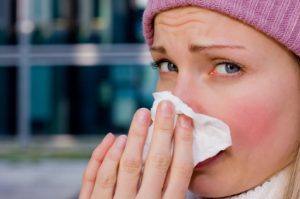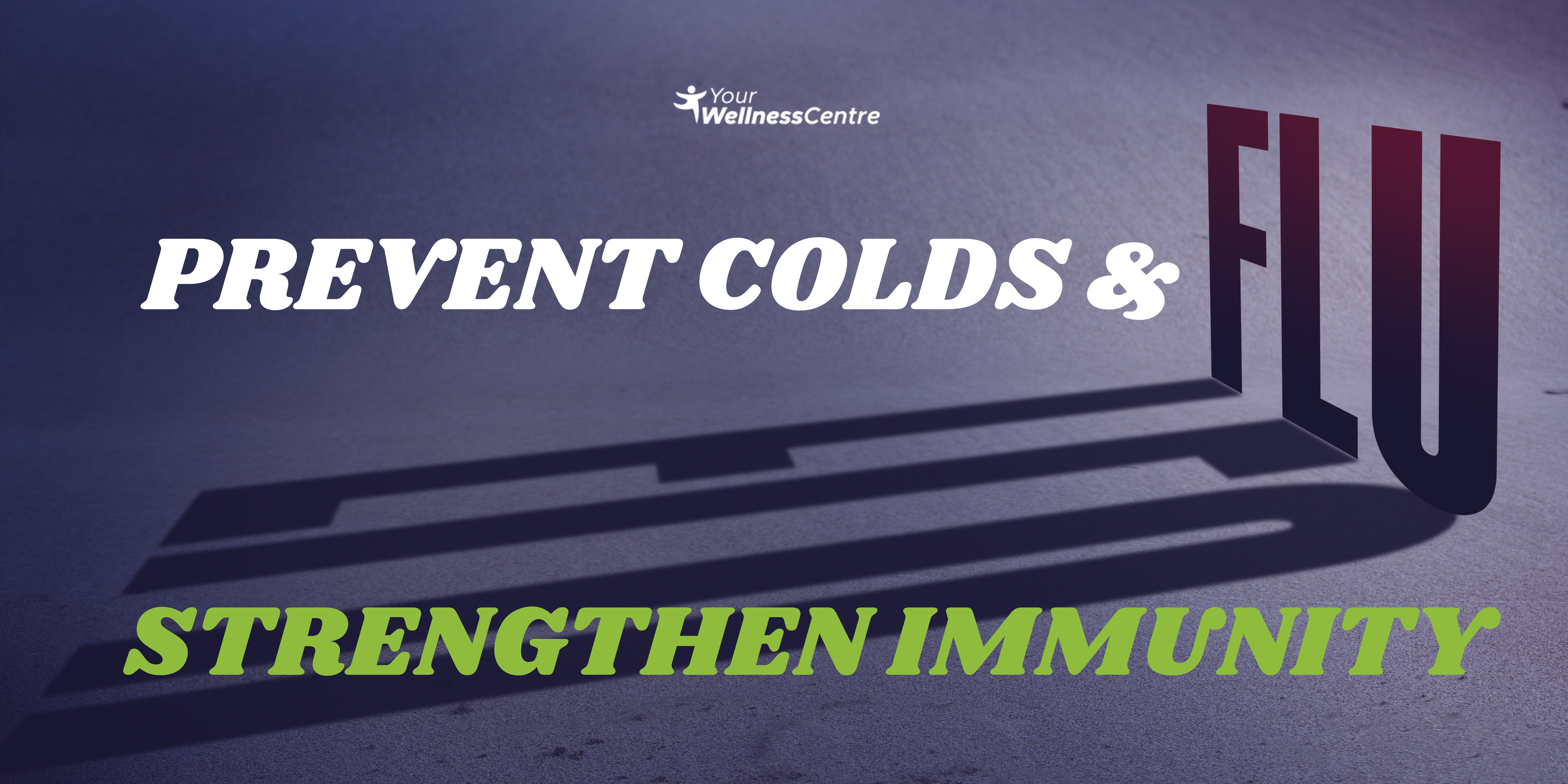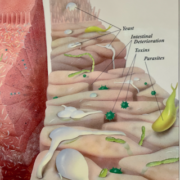Coughs and Colds
The common colds can be caused by over 200 different viruses that infect areas of the upper respiratory tract including the nose, throat, sinuses, Eustachian tubes, trachea, larynx, and bronchial tubes.

Colds can be treated really effectively with natural medicines and if the immune system is supported colds can be prevented.
Infection generally occurs when an individual’s immune system is depleted or weak. The immune system is our defense against the bacteria, viruses, cancer cells, and allergens that attack our bodies and make us feel sick.
It consists of white blood cells, lymph glands and vessels, and various other body tissues. If the immune system weakens, its ability to defend the body also weakens, allowing pathogens, including viruses that cause common colds and flu, to grow and flourish in the body.
Typically, adults get one or two colds per year and it is not uncommon for children to get them more frequently. Colds are self-limiting, lasting from 7 to 10 days.
Symptoms may include a sore throat, head congestion and headache, fever and watery eyes, cough and sneezing, as well as general malaise, aches, and pains. These symptoms are similar to symptoms of allergies except that allergies do not cause fevers or infections.
Sometimes a cold may lead to more serious conditions such as bronchitis, pneumonia, or influenza (flu). Influenza is sometimes confused with a cold, but flu causes much more severe symptoms and generally a fever. As the common cold and the flu are caused by viruses, prescription antibiotics cannot cure a common cold or flu.
The health of the immune system plays an integral role in the body’s susceptibility to colds and flu. Keeping the immune system in good shape with a healthy lifestyle may include a program of optimal nutrition, regular exercise, stress management, and ensuring good quality sleep.
As well as avoiding harmful chemicals and pollutants such as tobacco, excessive amounts of alcohol and refined sugars, all of which can impair the immune system.
Strengthening a weakened immune system may help prevent catching a cold or the flu. Nutrients that may aid the enhancement of the immune system include the antioxidant vitamins A, C, and E, and the mineral zinc.
Herbs such as Andrographis, Echinacea, and Olive Leaf, are all useful in both the prevention and alleviation of cold and flu symptoms.
Nutritional Considerations
ZINC
• Plays a central role in the immune system and intake is essential in maintaining the integrity of the immune system.
• Functions as an antioxidant and can stabilise cell membranes.
• Crucial for the normal development and function of the cells that mediate non-specific immunity.
People who are deficient in zinc may be more susceptible to various pathogens and therefore to colds.
OLIVE LEAF
Vitamin C
• Plays an important role in the approach to natural immune enhancement.
• Acts as an antibiotic and antiviral through improvement in resistance.
Vitamin C is well known for its effects in reducing the frequency, duration, and severity of the common cold. It is important to supplement with vitamin C at the onset of symptoms as the levels of vitamin C in the body are quickly depleted during the stress of an infection.
Vitamin A and E
Vitamin A has been shown to stimulate and/or enhance numerous immune processes.
Vitamin E enhances immunity.
Herbal Medicine
Andrographis
• Effectiveness in humans is focused on the common cold.
• Clinical studies in bacterial and viral respiratory infections demonstrated positive effects, implying an immunostimulant action.
• There is also some evidence that Andrographis might increase antibody activity
Echinacea
 • Commonly used for upper respiratory tract infections, such as the common cold and influenza because it is reported to have antiviral and immune system stimulatory effects.
• Commonly used for upper respiratory tract infections, such as the common cold and influenza because it is reported to have antiviral and immune system stimulatory effects.
• Has an inhibitory effect on inflammation and on the growth of bacteria, viruses, and fungi which is based on the stimulation of controlling elements of our immune system.
Olive Leaf
• A bacteriostatic and antioxidant.
• Useful in the irritation of the mucous surfaces of air passages and of the alimentary tube.
Diet and Lifestyle
Ways to reduce the spread and contraction of infection:
• Wash hands frequently
• Rest at least 6 to 8 hours each night
• No smoking
• Ensure adequate hydration (1-2 liters of water daily)
• Eat a diet rich in fruits and vegetables
• Avoid refined sugar and simple carbohydrates
Contact us to find out more about Cough and Colds.









Leave a Reply
Want to join the discussion?Feel free to contribute!